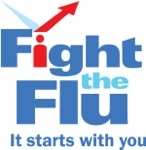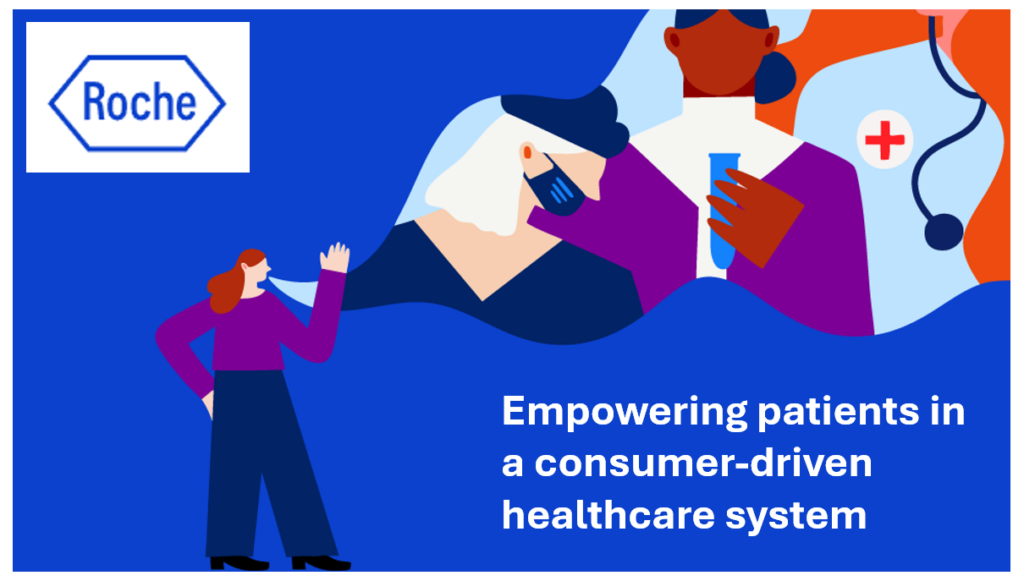This is a personal post about a very personal idea: medical rights and freedom of choice.
When it has to do with your child, especially when she is a minor, then it’s ever-the-more personal.
I have permission to use my daughter’s name, Anna, for this post. Anna’s public high school hosted a flu vaccine clinic this week. As I believe and live the mantra that health is where we live, work, play and pray — that health is not locked up isolated in a doctor’s office or hospital bed — I embrace the role that schools can play to bolster primary care in the community. I evangelize this, in fact, in speech giving, client work (say, when recommending strategies for improving medication adherence among kids with asthma to keep them out of the emergency department), and on this very blog here where I talked about the school-based clinic funding in the Affordable Care Act, and here, in my paper on Primary Care, Everywhere, written for the California HealthCare Foundation.
The night before the flu clinic, our family reviewed the school’s consent form, my husband signed it, and Anna packed the signed consent in her school bag to bring it to the health team responsible for administering the shots. The form explained that two forms of the vaccine would be available to the students: a traditional immunization shot via needle, and the nasal mist form known as the Live Attenuated Influenza Virus Vaccine, or LAV.
Anna opted, in advance in her own mind, to have the shot. It was her choice, she knew, and as long as she got the vaccine, her parents would be glad she’d be covered for the flu season. Anna isn’t all that keen about getting shots. But she understands the positive power of herd immunity for her community.
When Anna returned from school on the day the vaccines were administered, she told me of her difficult experience at the flu clinic. When it was her turn to check in with the visiting nurse or clerk (whom we’ll call “Madge”), she strongly counseled Anna to get the nasal spray vaccine, not the immunization form of it. Anna told Madge, no, thank you, I want the shot. Madge said to Anna something like, “You really should get the spray. It’s better, it’s more effective,” to which Anna responded, “No, I want the shot.” Madge got more aggressive and really pressed Anna on her choice. And Anna pushed back again and said she wanted the shot and that she didn’t want to put any drugs up her nose.
Well, then.
Anna got the shot. How proud I am of my kid.
And how infuriated I am with Madge, and her haggling with my child about this personal medical choice.
Health Populi’s Hot Points: I note on the CDC Live Attenuated Influenza Virus Vaccine (LAV) website the following clinical recommendations: that the LAV is not recommended for:
– Children younger than 2 years
– Adults 50 years and older
– People with a history of severe allergic reaction to any component of the vaccine or to a previous dose of any influenza vaccine
– People with asthma
– Children or adolescents on long-term aspirin treatment.
– Children and adults who have chronic pulmonary, cardiovascular (except isolated hypertension), renal, hepatic, neurologic/neuromuscular, hematologic, or metabolic disorders
– Children and adults who have immunosuppression (including immunosuppression caused by medications or by HIV)
– Pregnant women.
I embrace, appreciate, applaud and fully endorse the role of schools in providing primary care to students, with parents’ consent. I do not, however, believe it’s the role of the school or its representatives to tell my daughter what form of health care to consume. Given the many caveats listed above that detail who should not receive the LAV nasal spray for flu, the visiting nurse/clerk couldn’t know if Anna were immunosuppressed, or an asthmatic, or dealing with a metabolic disorder or blood ailment.
As important as these clinical exceptions are, there’s a higher moral and legal issue: that is personal and family medical rights.
We are so proud of our daughter, who knew and stood up for her medical rights. We know we’ve done something right in raising her to be strong on this issue. May your children be the same, and may your schools know their place when it comes to delivering primary care — as they should — but not dispense medical decisions on your behalf.





 I was invited to be a Judge for the upcoming
I was invited to be a Judge for the upcoming  Thank you Team Roche for inviting me to brainstorm patients as health citizens, consumers, payers, and voters
Thank you Team Roche for inviting me to brainstorm patients as health citizens, consumers, payers, and voters  For the past 15 years,
For the past 15 years,